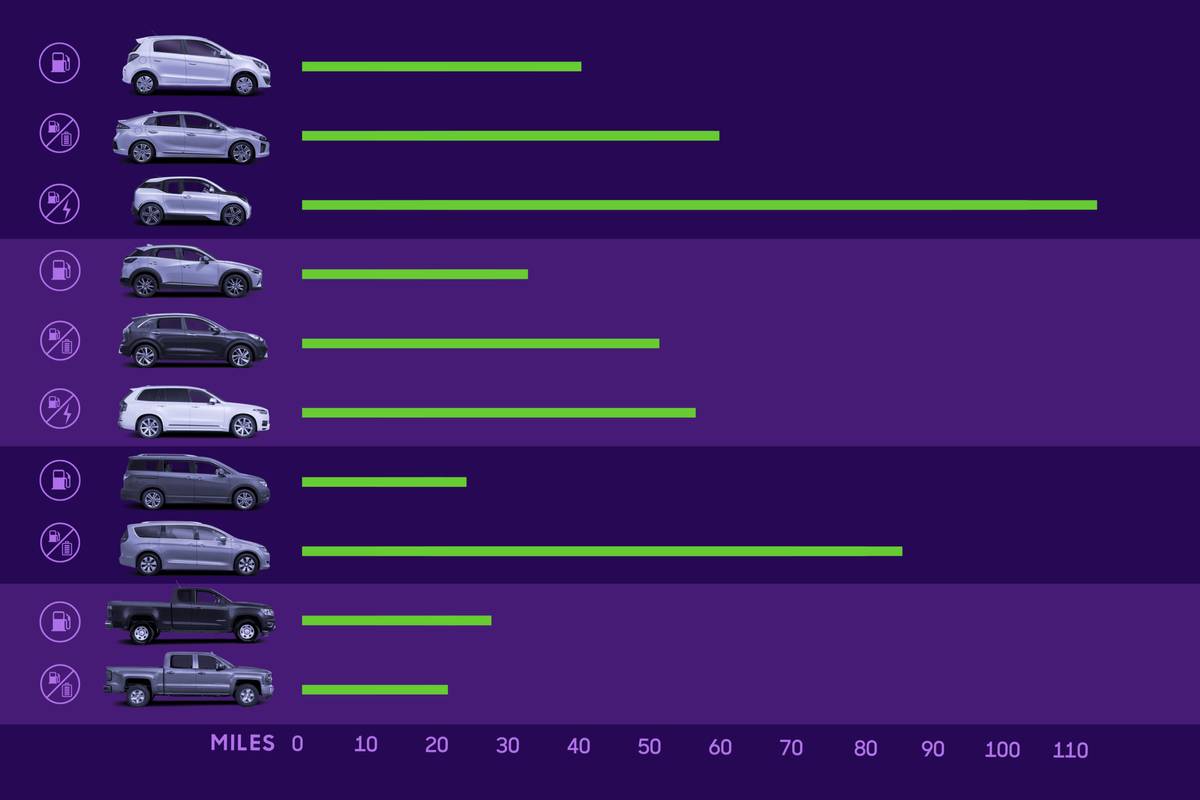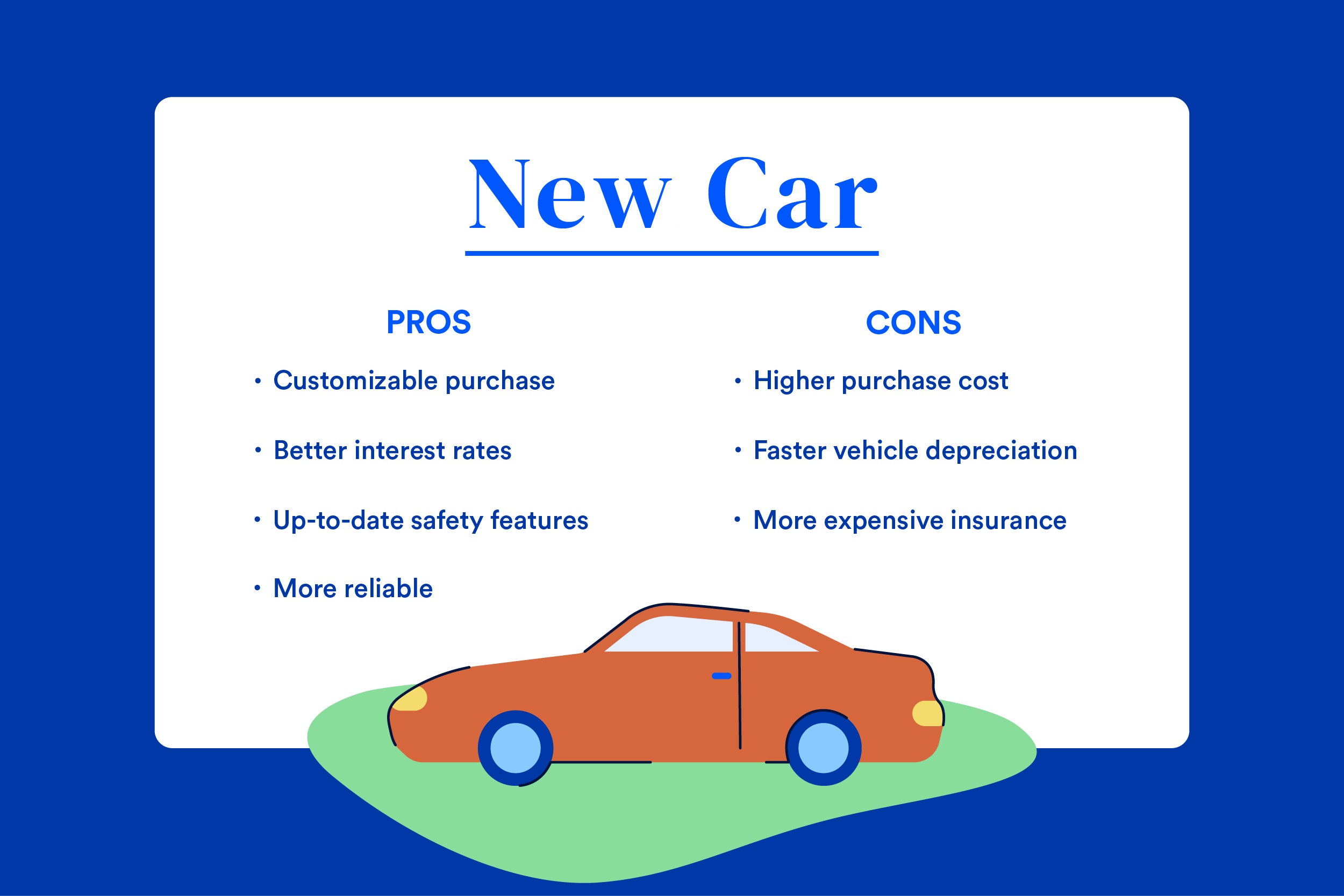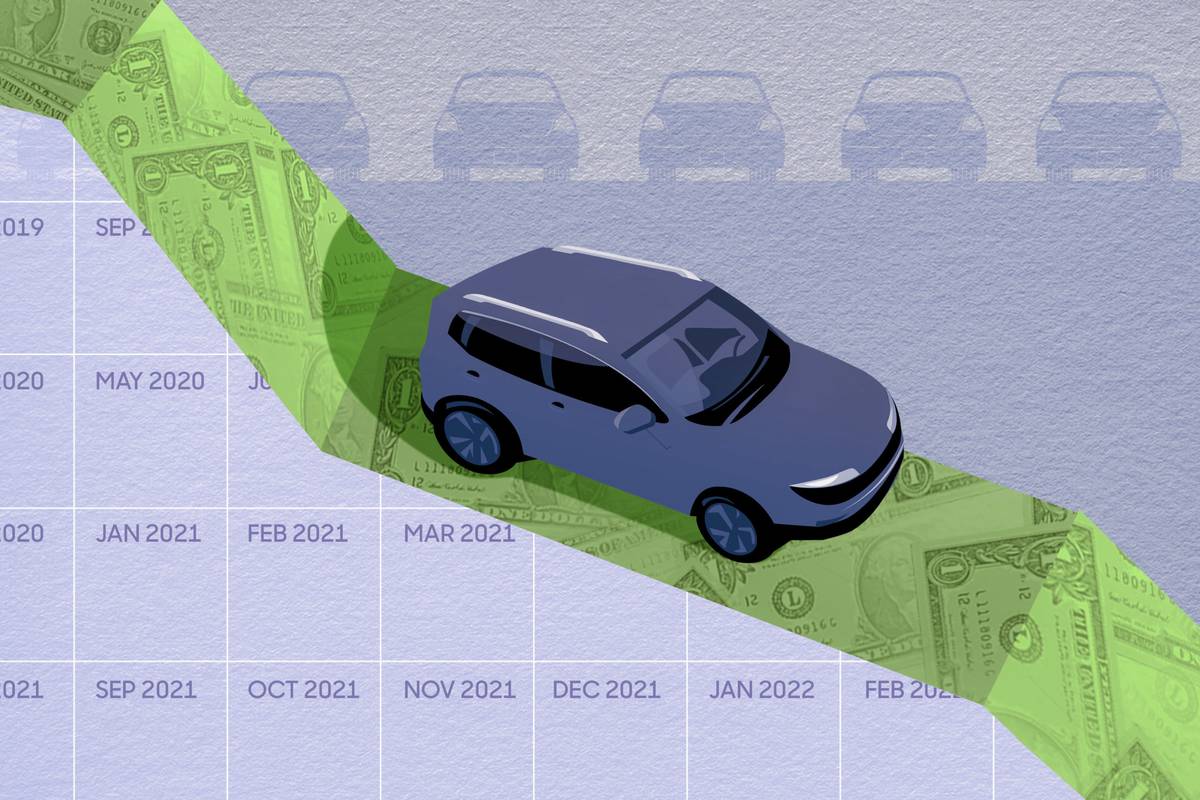What is a Good Mpg for a Used Car
A good MPG for a used car typically ranges from 20 to 30 for city driving and 30 to 40 for highway driving. Consider newer models and hybrid vehicles for better fuel efficiency.
Fuel efficiency is a top priority when purchasing a used car. With rising gas prices and environmental concerns, buyers seek vehicles that offer more miles per gallon (MPG). A used car with good MPG reduces running costs and minimizes carbon footprint, making it an economical and eco-friendly choice.
When selecting a used car, check the EPA fuel economy rating, which provides an insight into the vehicle’s efficiency. This rating helps compare different models and make an informed decision. Remember that regular maintenance can also impact a car’s MPG, ensuring it performs at its best. Choose wisely, keeping in mind both the car’s performance and its impact on your wallet and the environment.

Credit: www.volvocarstampa.com
Fuel Efficiency: The Mpg Benchmark
When shopping for a used car, fuel efficiency tops the list of concerns. A good miles per gallon (MPG) rating means more road time and less fuel cost. Understanding what constitutes a good MPG helps in making an informed decision.
Evaluating Mpg Standards
Finding the best fuel economy starts with evaluating MPG standards. These standards vary by vehicle class. For compact cars, look for 30 MPG or more. Midsize cars should average around 25 MPG, while SUVs and trucks are in the 20 MPG ballpark. These figures combine city and highway driving for a realistic expectation. Keep in mind that driving habits and car maintenance also affect MPG.
Check online databases or window stickers for the EPA ratings of the car model you’re eyeing. This gives you a baseline for comparison.
Gasoline Vs. Diesel: A Comparison
Gasoline and diesel engines differ in efficiency. Diesel engines typically offer better fuel economy and produce more torque. However, diesel fuel often costs more than gasoline. To weigh your options, consider these factors:
- Purchase price: Diesel cars may cost more upfront.
- Fuel costs: Compare current fuel prices in your area.
- Tax and insurance: These can vary between engine types.
For diesel vehicles, aim for MPG ratings that are at least four to five higher than their gasoline counterparts. This compensates for the fuel cost difference.
Make a careful choice based on your driving needs and budget. Both engine types can be efficient under the right conditions.

Credit: www.carfax.com
Factors Influencing Mpg In Used Cars
When hunting for a pre-owned vehicle, gas mileage ranks high in the search criteria. Good miles per gallon (MPG) can mean savings at the pump. Various factors shape the MPG in used cars.
Vehicle Age And Fuel Economy
The age of a car can greatly influence its fuel efficiency. Over the years, automakers improve engine technologies. This means newer used cars often offer better MPG. But, don’t rule out older models just yet! Even vintage cars might surprise you, especially if they’re well-maintained.
| Car Age | Typical MPG Expectation |
|---|---|
| <5 Years | Higher MPG |
| 5-10 Years | Moderate MPG |
| >10 Years | Varies by Model |
Impact Of Maintenance On Mpg
A car’s MPG can see significant gains from regular maintenance. This includes oil changes, tire pressure checks, and replacing air filters. Properly maintained cars perform better. They are more fuel-efficient. Thus, before buying, request maintenance records to ensure peak MPG.
- Regular Oil Changes: Keep the engine running smoothly.
- Tire Pressure: Correct pressure reduces resistance.
- Clean Air Filters: A clean filter improves engine performance.
Reading Between The Lines: Beyond Mpg Figures
Finding a car with a good mileage is like hitting the jackpot in the used car market. But, it’s essential to dive deeper than just the MPG numbers. This in-depth look at what those figures really mean will ensure you find a truly fuel-efficient gem.
Understanding Epa Estimates
When car shopping, you’ll notice stickers flaunting the EPA’s MPG ratings. Let’s decipher that code:
- City MPG: The efficiency during urban jaunts.
- Highway MPG: Open road cruising economy.
- Combined MPG: Average of both worlds.
These figures are based on a controlled, standardized test. Consider them a starting point for your MPG expectations.
Real-world Driving Conditions Vs. Epa Ratings
The lab and the real world are two different playgrounds.
EPA tests can’t mimic every traffic jam or aggressive acceleration. In reality, various factors swerve your car’s fuel economy:
- Driving habits make or break efficiency.
- Cargo weight presses down on MPG.
- Weather and road conditions steer consumption.
Research and driving reports bridge the gap between EPA’s ideal conditions and your daily commute.
Balancing Efficiency With Performance
Finding the sweet spot between a car’s efficiency and its performance can be quite the journey. A good miles per gallon (MPG) metric is not just about saving at the pump. It’s about making sure the drive is enjoyable too. Drivers often wonder how to get the best of both worlds. It involves understanding the car’s capabilities and consciously adopting better driving habits.
Optimizing Driving Habits For Better Mpg
A few simple changes in the way we drive can make a big difference. Let’s look at how to boost that MPG:
- Maintain a steady speed: Use cruise control on highways to avoid unnecessary acceleration and deceleration.
- Monitor tire pressure: Keep tires inflated to the recommended level for optimal performance.
- Regular maintenance: Get timely oil changes and check-ups to ensure your car runs smoothly.
- Lighten the load: Remove excess weight from the trunk or backseat for better fuel economy.
By tweaking how we drive, higher MPG ratings are achievable without compromising the thrill of the drive.
Making Sense Of Horsepower And Torque
Understanding how horsepower and torque affect a car’s performance is key:
| Horsepower | Torque |
|---|---|
| Measures engine power | Measures turning force |
| High horsepower = quick acceleration | High torque = strong pulling power |
| Crucial for high speeds | Important for uphill drives |
Horsepower and torque are not opposite ends of a spectrum. The best used cars often find a balance that offers excitement alongside efficiency. Selecting a car with the right mix of these can significantly enhance your driving experience while keeping MPG in check.
Technological Advancements In Mpg
Identifying a good mpg (miles per gallon) for a used car goes beyond just numbers. Technological advancements play a vital role. These innovations make cars more fuel-efficient than ever. Let’s explore some breakthroughs that are redefining fuel economy in the automotive world.
The Role Of Hybrid And Electric Powertrains
Hybrid and electric powertrains are revolutionizing mpg standards. They use less gasoline, reducing emissions and saving money.
- Hybrids combine gas engines with electric motors.
- Plug-in hybrids offer larger batteries for longer electric-only travel.
- All-electric vehicles skip gas altogether, boasting high efficiency.
Models like the Toyota Prius or Tesla Model S demonstrate these benefits. Their popularity continues to grow as more drivers seek eco-friendly options.
Innovations In Fuel-saving Features
Car manufacturers are always finding new ways to boost mpg. Here are some notable features:
| Feature | Impact on MPG |
|---|---|
| Start-Stop Systems | Save fuel by turning off the engine at stops. |
| Aerodynamic Designs | Reduce drag, leading to less fuel consumption. |
| Turbocharged Engines | Deliver power without the mpg penalty of larger engines. |
| Advanced Transmissions | More gears for optimal engine efficiency. |
These features can be found in various models, from economy sedans to luxury SUVs. They are key to achieving stellar mpg figures in a modern used car.
The Future Of Mpg In The Used Car Market
When shopping for a used car, fuel efficiency is a key factor.
Good MPG (miles per gallon) means saving money at the pump.
As we look to the future, MPG will remain an important aspect for used car buyers.
Different factors shape this future, from advancing technology to regulatory changes.
Trends In Automotive Fuel Efficiency
The drive to go greener is in full swing.
Cars with good fuel efficiency are becoming more popular.
Here are the latest trends:
- Electric Vehicles (EVs) are rising in popularity and becoming more accessible.
- Hybrid models offer a balance of traditional engines and electric power.
- Car manufacturers focus on lighter materials to improve MPG.
All these trends suggest a bright future for MPG in the used car market.
Buyers have more options for fuel-efficient vehicles.
Preparing For Changes In Fuel Economy Standards
Fuel economy standards are set to get stricter.
This impacts the used car industry. Here’s how to prepare:
- Research: Stay informed about new regulations affecting MPG.
- Invest: Consider cars that exceed current fuel economy standards.
- Maintenance: Keep your car in top shape to maintain its MPG.
Buyers and sellers alike should understand these standards.
They help predict the longevity of a car’s value and efficiency.
| Type of Car | Good MPG Range |
|---|---|
| Compact Cars | 30-40 MPG |
| Midsize Sedans | 25-35 MPG |
| SUVs | 20-30 MPG |
By focusing on MPG, used car shoppers can make informed decisions.
They ensure their investment is future-proof against changing standards.
Frequently Asked Questions Of What Is A Good Mpg For A Used Car
What Determines A Good Mpg For Used Cars?
Good MPG, or miles per gallon, for used cars depends on the vehicle’s size, type, and age. Small, lightweight cars tend to offer higher MPG than larger ones. Generally, 20-25 MPG is considered average, while above 30 MPG is good for used cars.
Hybrid vehicles often exceed this.
How Does Car Age Affect Fuel Efficiency?
As cars age, components wear down and may reduce fuel efficiency. Regular maintenance is crucial. Older engines might not be as efficient as newer models due to advancements in technology. However, well-maintained older cars can still achieve good MPG.
Is Mpg The Same For Highway And City Driving?
No, MPG varies between highway and city driving. Highway driving typically results in better MPG due to consistent speeds and less stop-and-go traffic. City driving involves more idling and acceleration, which can lower MPG.
Can Driving Habits Improve A Car’s Mpg?
Yes, driving habits significantly affect a car’s MPG. Smooth acceleration, maintaining steady speeds, and avoiding hard stops can improve fuel efficiency. Using cruise control on highways and minimizing idling also helps in achieving better MPG.
Conclusion
Understanding what constitutes good mpg in a used car is crucial. Aim for models delivering at least 20-25 mpg. It balances fuel efficiency and economic sense. Research and comparing vehicles ensures you make an informed decision. Drive away with confidence and savings!






